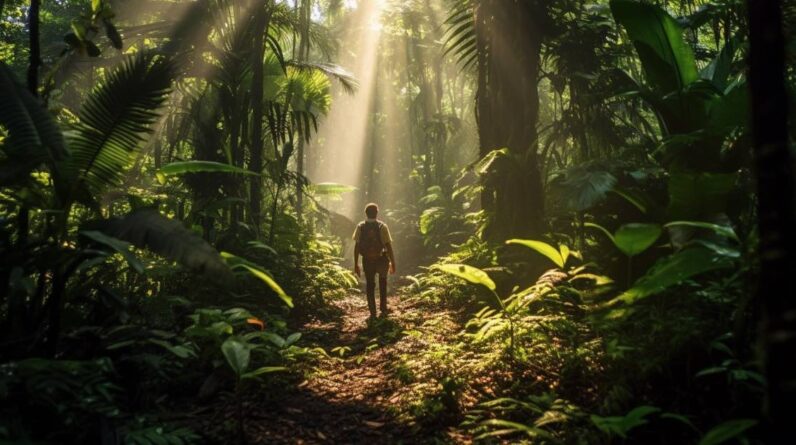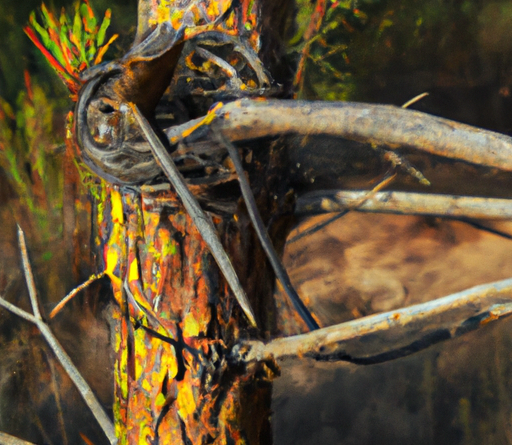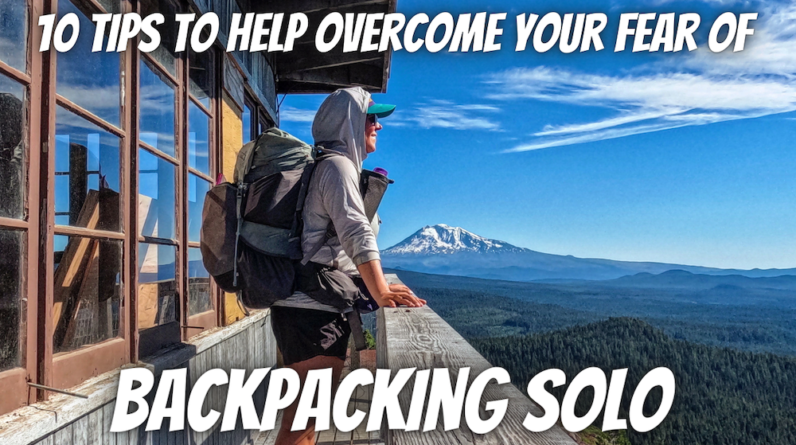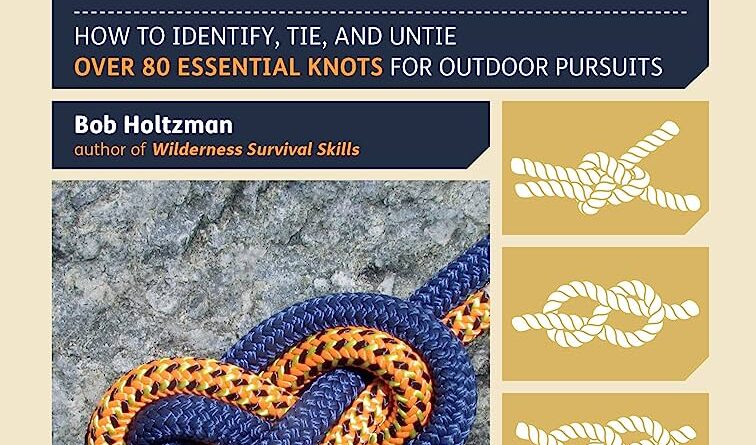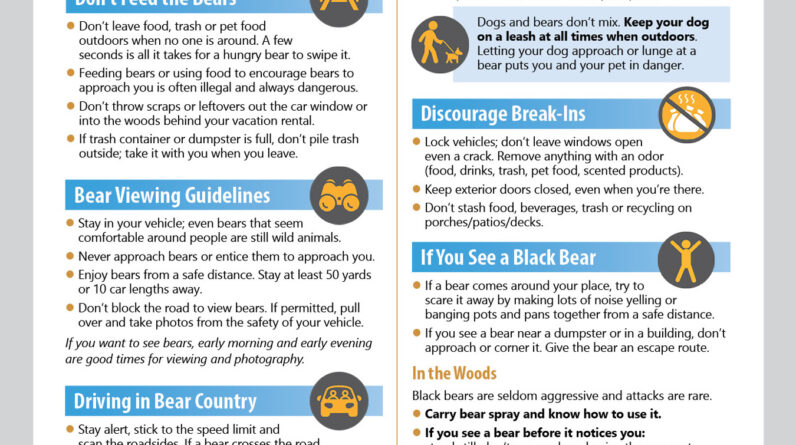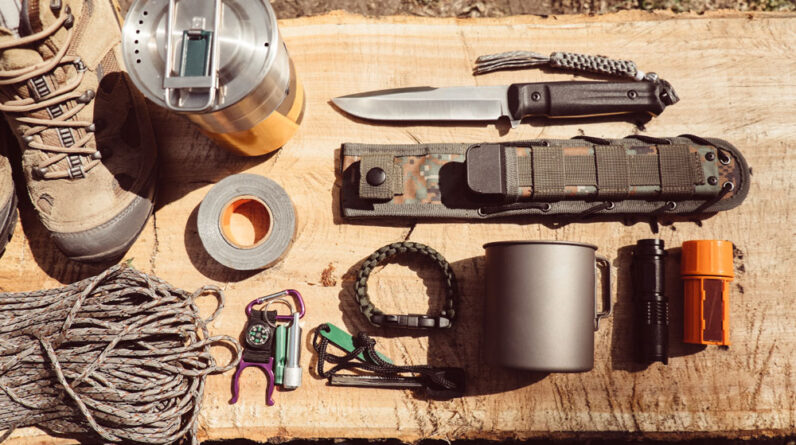
Surviving off the Land
Welcome to “Surviving off the Land: Mastering Hunting Techniques,” where you will learn invaluable skills to help you thrive in the wilderness. In this section, we will explore the importance of hunting and trapping skills, as well as the undeniable connection between survival and mastering these techniques.
Understanding the importance of hunting and trapping skills
When you find yourself in a survival situation, knowing how to hunt and trap becomes essential. While foraging for food is a viable option, it cannot always provide the sustenance needed for survival. Hunting and trapping, on the other hand, allow you to secure sufficient protein-rich meals that can keep you energized and nourished in the long run. By mastering these skills, you can gain control over your food source and alleviate the uncertainty of finding enough to sustain yourself.
Exploring the connection between survival and hunting techniques
Survival and hunting techniques go hand in hand. Hunting requires stealth, patience, and knowledge of animal behavior, all of which are vital in a wilderness survival scenario. By honing your hunting skills, you not only increase your chances of securing food but also enhance your ability to navigate the terrain and understand the ecosystem around you. The more you learn about hunting, the more you will discover about the intricacies of nature and how it can support your survival.
In the next sections, we will delve deeper into the specific hunting and trapping techniques you can master to excel in your survival journey. Whether you are a beginner or an experienced outdoorsman, this guide will provide you with invaluable insights and practical tips to help you survive and thrive off the land. So, let’s get started!
The Basics of Hunting
Choosing appropriate hunting gear
When it comes to mastering hunting techniques, the first step is to choose the appropriate hunting gear. It is vital to have the proper tools, as they can greatly determine your success in the wilderness. Start by investing in a reliable hunting rifle or bow, depending on your preference and local hunting regulations. Consider factors such as accuracy, range, and power to make an informed decision.
Additionally, you’ll need to ensure you have the necessary hunting accessories. Proper camouflage clothing will help you blend in with your surroundings, increasing your chances of getting closer to your prey unnoticed. Opt for sturdy boots to navigate rough terrains, as well as a quality backpack to carry essential items like a knife, rope, binoculars, and survival supplies.
Understanding animal behavior and habitats
To truly thrive in hunting, it’s crucial to develop a deep understanding of animal behavior and habitats. By learning about the animals you’re targeting, their habits, mating seasons, and daily routines, you can anticipate their movements and plan your hunting strategies accordingly. Familiarize yourself with their preferred habitats, whether it’s dense forests, open fields, or near water sources, as this will guide your hunting grounds selection.
By honing your tracking skills and being observant of signposts left by animals, such as tracks, droppings, or rubbed trees, you’ll be better able to locate and intercept your quarry. Don’t just rely on luck; actively study animal behavior patterns and habitats to increase your chances of success.
Remember, mastering hunting techniques takes time and practice, but by choosing appropriate hunting gear and understanding animal behavior and habitats, you’ll embark on a journey to become a skilled hunter in no time. Happy hunting!
Mastering Essential Hunting Techniques
Perfecting stalking and tracking skills
When it comes to surviving off the land, one of the most important skills you can acquire is the ability to stalk and track prey effectively. Mastering this technique will greatly increase your chances of a successful hunt. Start by honing your observation skills, paying attention to every detail in your surroundings. Look for tracks, broken branches, and droppings, as these can provide valuable clues about the location and movement patterns of your target. Work on becoming adept at moving silently and blending into your environment, using natural features to your advantage. By patiently following the trail, you’ll be able to close in on your prey undetected, increasing your chances of a successful kill.
Learning effective camouflage and concealment strategies
To truly master hunting, it’s crucial to become skilled in the art of camouflage and concealment. Animals have a keen sense of sight, so it’s vital to blend seamlessly with your surroundings to avoid detection. Invest in appropriate gear that matches the environment you’ll be hunting in. Camouflage clothing, face paint, and natural concealment like foliage can all help you disappear into your surroundings. Additionally, consider using scent-blocking products to mask your human odor, as animals can smell even the faintest trace. Learning how to position yourself strategically, utilizing natural cover to break up your outline, will go a long way in eluding detection.
By perfecting stalking and tracking skills and learning effective camouflage and concealment strategies, you’ll significantly increase your chances of success while hunting. These techniques, coupled with patience and perseverance, will make you a formidable hunter in any survival situation. So, keep practicing and refining these skills, and soon enough, you’ll be able to survive off the land like a true master.

Evaluating Different Hunting Tools
Hunting is an essential skill when it comes to surviving off the land. Whether you find yourself in a wilderness survival situation or simply want to improve your self-sufficiency, mastering hunting techniques is key. Evaluating different hunting tools is an important aspect of becoming a successful hunter.
Exploring the benefits of bows and arrows
Using a bow and arrow has been a hunting technique employed by humans for thousands of years. One of the main advantages of using this tool is its stealthy approach. The quiet release of an arrow offers the element of surprise and minimizes the chances of scaring off your prey. Furthermore, bows and arrows are also lightweight and relatively easy to carry, making them a convenient option for long hunting expeditions. Additionally, mastering the use of a bow and arrow requires practice and patience, but the skill can be particularly rewarding when it comes to accuracy and precision.
Understanding the advantages of firearms
Firearms, such as rifles and shotguns, have revolutionized the hunting world. The main advantage of firearms is their powerful and efficient nature, which allows for greater range and utility. With the proper training and safety precautions, firearms offer hunters the ability to take down larger game from a distance. They can also be a useful defense against predators in a survival scenario. However, it’s crucial to remember that firearm usage requires careful attention to local laws and regulations.
In summary,
Understanding the pros and cons of different hunting tools is essential when mastering hunting techniques. Bows and arrows provide stealth and precision, while firearms offer power and range. Ultimately, the choice of hunting tool depends on your personal preference, comfort, and the specific hunting situation. So, go out there, practice, and become a skilled hunter equipped with the knowledge of evaluating different hunting tools.
Trapping Methods and Techniques
Learning about various types of traps and snares
When it comes to surviving off the land, hunting is an essential skill to master. However, relying solely on hunting with weapons may not always be feasible or efficient. That’s where trapping comes in. Trapping involves setting up traps and snares to capture animals without actively pursuing them.
To become a proficient trapper, you must first familiarize yourself with the different types of traps and snares available. These include foothold traps, body-gripping traps, snare traps, and deadfall traps. Each trap has its purpose, advantages, and limitations, so learning about them will enable you to select the most suitable one for the target species and terrain you are dealing with.
Understanding baiting and trap placement strategies
Once you have chosen your trap, the next crucial step is to entice the animal into your trap. Baiting plays a significant role in attracting the animal and increasing your chances of a successful capture. Understanding the feeding habits and preferences of your target species is key to selecting the right bait.
Moreover, trap placement is equally important as it determines whether the animal will encounter the trap or simply bypass it. Placing traps along animal trails, near feeding areas, or close to natural barriers can significantly increase your chances of trapping the animal. By observing the animal’s behavior and studying its habitat, you can identify suitable locations for trap placement.
By acquiring knowledge about various traps, snares, baiting techniques, and trap placement strategies, you can enhance your hunting skills and increase your chances of survival in the wilderness. So, get ready to become a master trapper and embrace the challenges of surviving off the land!
Hunting Tips and Tricks
When it comes to surviving off the land, mastering hunting techniques is essential. Hunting provides an opportunity to gather food and secure your survival in the wild. To make the most out of your hunting expeditions, there are a few tips and tricks that can greatly enhance your success rate.
Enhancing shooting accuracy and precision
To increase your chances of a successful hunt, it is crucial to improve your shooting accuracy and precision. Practice regularly with your weapon of choice to become familiar with its weight, recoil, and aiming. Find a shooting range nearby and spend time honing your skills. By doing so, you will develop muscle memory and be prepared for any situation that may arise in the field.
Implementing effective scent control methods
Wild animals have a keen sense of smell, and any foreign scent can alert them to your presence. To avoid being detected, it is essential to implement effective scent control methods. This includes using scent-free soaps and detergents, washing your hunting clothes regularly, and storing them in scent-blocking bags. Additionally, consider using scent-eliminating sprays and cover scents to further mask your presence in the hunting area.
By following these hunting tips and tricks, you will significantly increase your chances of success while surviving off the land. By enhancing your shooting accuracy and precision, you can effectively take down your prey. Implementing effective scent control methods will ensure that you remain undetected by the animals you are hunting. So, gear up and conquer the wild with these expert hunting techniques!
Survival Skills for Hunting Emergencies
When you venture into the wilderness armed with your hunting gear, it’s essential to be prepared for any unforeseen circumstances that may arise. Understanding first aid techniques for hunting injuries and being able to navigate wilderness survival scenarios are crucial survival skills that every hunter should possess.
Understanding first aid techniques for hunting injuries
It’s no secret that hunting can be a dangerous activity, and injuries are always a possibility. That’s why it’s important to be well-versed in first aid techniques specifically tailored to hunting emergencies. From treating deep cuts and gunshot wounds to properly immobilizing broken bones, knowing how to provide immediate and effective care can make all the difference in a life-or-death situation.
Navigating wilderness survival scenarios
While hunting, the unexpected can happen, such as getting lost or encountering extreme weather conditions. In these scenarios, your knowledge of wilderness survival skills becomes invaluable. Being able to build a shelter, find and purify water sources, create fire, and signal for help are essential skills that could save your life. Understanding how to navigate using natural landmarks and basic compass reading skills are also vital in ensuring your safe return.
hunting emergencies require quick thinking and the ability to act accordingly. By understanding first aid techniques for hunting injuries and mastering wilderness survival skills, you can confidently tackle any challenges that may come your way while out in the wild. Remember, preparation is key to surviving off the land and mastering your hunting techniques.
Conclusion
Reflecting on the importance of hunting and trapping skills for survival
So, you’ve learned about the essential hunting techniques that can help you survive in the wilderness. It’s important to reflect on the significance of honing your hunting and trapping skills, as they could mean the difference between life and death in a survival situation.
Hunting for sustenance
When you’re surviving off the land, hunting becomes a fundamental skill. You can obtain fresh meat that provides essential nutrients to keep your body strong and healthy. Animals like deer, rabbits, and birds can be hunted and cooked to sustain you during tough times.
Protection and self-defense
Knowing how to hunt also means you can protect yourself from predators. Whether it’s a wild animal or an aggressive human, having the ability to track, trap, and neutralize threats is essential. Your hunting skills give you an advantage when it comes to self-defense and ensure your safety in the wilderness.
Encouraging further exploration and practice
Now that you understand the importance of mastering hunting techniques, it’s time to further explore and practice these skills. Remember, practice makes perfect. Keep honing your abilities by participating in hunting trips, tracking animals, and practicing your archery skills. The more you practice, the more proficient you’ll become.
Surviving off the land is a challenging feat, but with the right hunting and trapping skills, you can thrive in the wilderness. So get out there, embrace nature, and become a master hunter. Your survival could depend on it.



